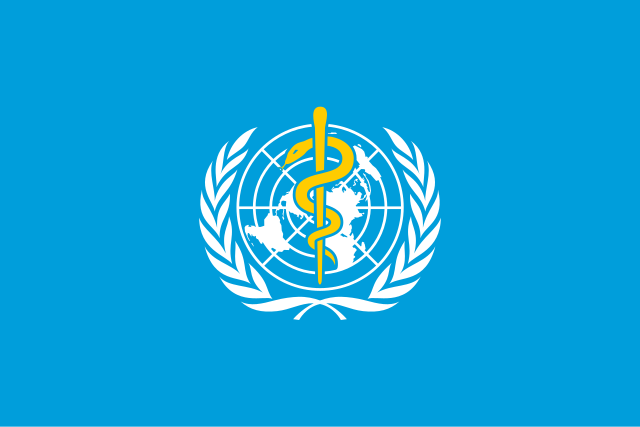
The World Health Organization (WHO) warned on Wednesday about a “sharp rise in problematic social media use” among European teens. This increase, WHO said, is harming their mental health.
In addition, WHO’s European branch highlighted that over one in 10 adolescents are at risk of problematic gaming. The health body defines “problematic use” as young people displaying addiction-like symptoms. These symptoms include an inability to control use, neglecting other activities, and facing negative consequences in everyday life due to excessive use.
Hans Kluge, WHO Europe’s director, emphasized the need for action. He stated that immediate and sustained efforts are required to help adolescents manage social media use. Research shows that excessive social media use can lead to depression, bullying, anxiety, and poor academic performance.
Read: Suspect in Suicide Attack Plot Speaks Out: ‘I Was Misled
According to WHO, 11 percent of adolescents showed signs of problematic social media use in 2022. This represents a rise from seven percent four years earlier. Among girls, 13 percent displayed addiction-like symptoms, compared to nine percent of boys. These findings are based on data from 280,000 adolescents aged 11, 13, and 15 across 44 countries, including Europe, Central Asia, and Canada.
The issue appears more widespread in certain regions. For example, 28 percent of female Romanian teens aged 13 and 15 were affected, compared to just three percent of male Dutch teens.
Gaming addiction also remains a concern. A third of adolescents play online games daily. WHO found that 22 percent of teens play for at least four hours per day. In terms of problematic gaming, 12 percent of the surveyed adolescents were at risk. The problem primarily affects young boys, with 16 percent of boys at risk compared to seven percent of girls.
Natasha Azzopardi-Muscat, Director for Country Health Policies and Systems at WHO Europe, stressed the importance of protecting youth. She urged authorities to help young people navigate the digital landscape safely. She also encouraged equipping youth with the knowledge to make informed decisions about their online activities.
Despite the risks, WHO acknowledged that social media has benefits. For instance, 36 percent of young people report being in constant contact with friends online. Among 15-year-old girls, this number rises to 44 percent. However, Azzopardi-Muscat stressed that young people “should rule social media, and not have social media ruling them.”
WHO Europe called for national governments to take steps to address the problem. They encouraged investment in digital literacy programs within schools and the enhancement of mental health services. Training teachers and healthcare providers to identify problematic digital behavior is also crucial. Furthermore, WHO urged stronger accountability for social media providers.
The WHO report paints a concerning picture of adolescent digital habits. While the digital world connects young people, it also presents serious risks that demand immediate attention.
Follow us on Google News, Instagram, YouTube, Facebook, Whats App, and TikTok for latest updates
